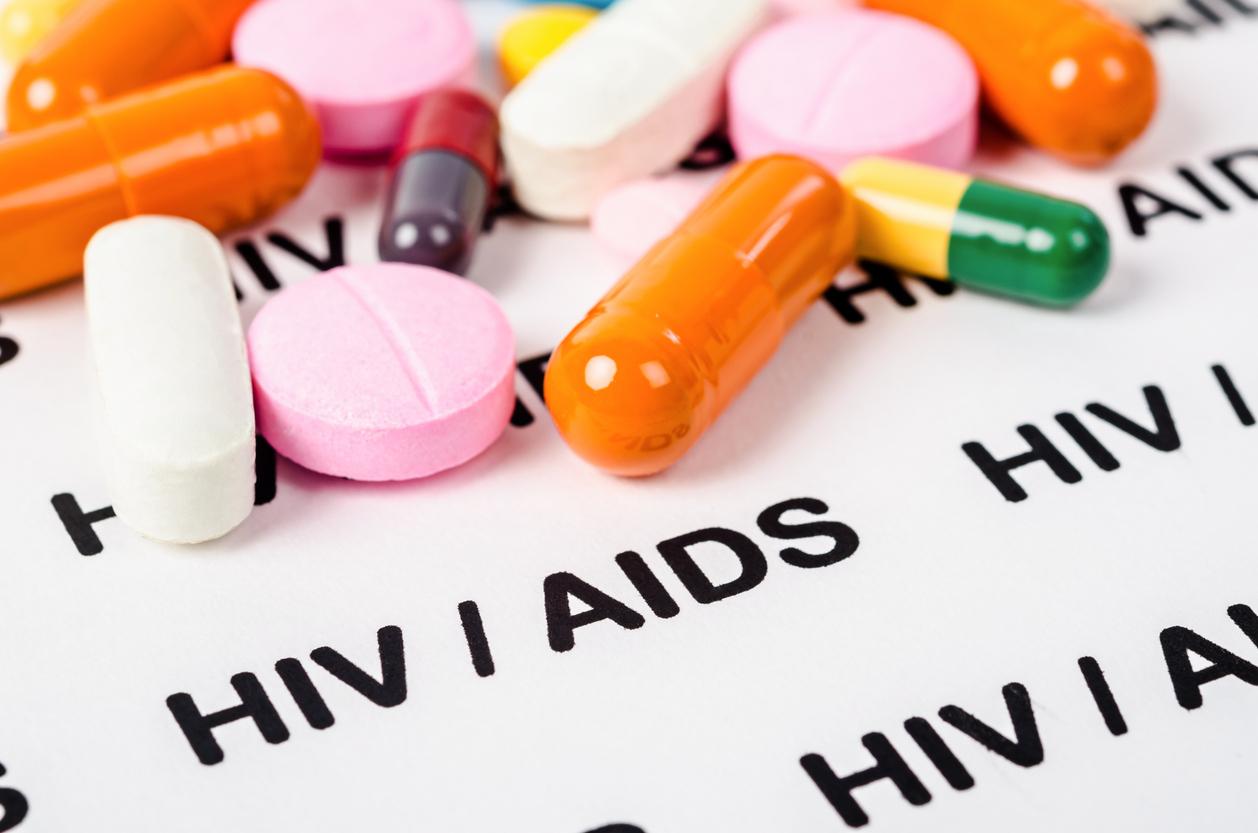The human immunodeficiency virus (HIV) affects the body’s immune system, making people living with HIV more vulnerable to infections. If there is no processing curative, there is a way to reduce the progression virus in the body, through antiretroviral therapy. However, there is little research that looks at the side effects of HIV infection.
A study published on December 26 in the scientific journal JAMA Otolaryngology, reveals that HIV-positive people infected with HIV have weaker hearing than HIV-negative people. The study took into account possible biases, concerning the age, sex, exposure to noise or even ethnic origin of the participants.
“There is little data on the effects of anti-HIV therapy on hearing loss,” the authors write. “In the few published studies, it is difficult to directly attribute observed hearing loss to anti-HIV treatments rather than age or noise exposure. To our knowledge, this is the first study to demonstrate hearing loss in people with HIV, taking into account other factors that affect hearing. “
Low and high frequencies are less perceived
For the study, the researchers assessed the hearing of 262 men with an average age of 57, and 134 women of around 48. Of these, 117 men (44.7%) and 105 women (78.4%) were HIV positive. The participants had to answer a questionnaire to find out the various factors that could have changed their hearing. The latter was also measured for each ear, for a wide range of frequencies (from 250 to 8000 Hertz) and in a soundproof room.
The results showed significant low and high frequency hearing loss in HIV positive people. This therefore implies that HIV-positive people would have more difficulty understanding the low-frequency sounds of language, the expression of vowels for example. This study suggests that HIV affects the inner ear and / or the auditory nerve which carries information to the brain, either directly or indirectly.
Similar hearing loss has been observed in patients with diabetes, according to the authors. “It is possible that infection with HIV like diabetes, can affect the neural function of the inner ear. “
“While we don’t understand the exact mechanisms of this hearing loss, our results suggest that people with HIV have physiological changes that mimic other chronic diseases, which affect hearing levels. “
Read also :
AIDS: what if, like the koala, we integrate the virus into our DNA?
Multiple sclerosis: an unexplained link with the AIDS virus
HIV: a little girl receives emergency triple therapy for prevention
AIDS: seniors are also concerned
















